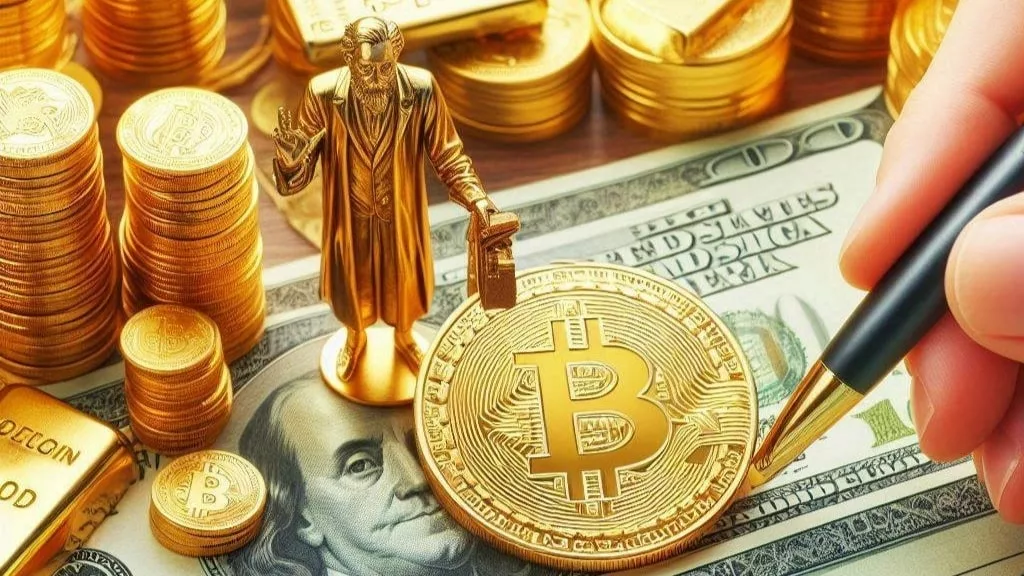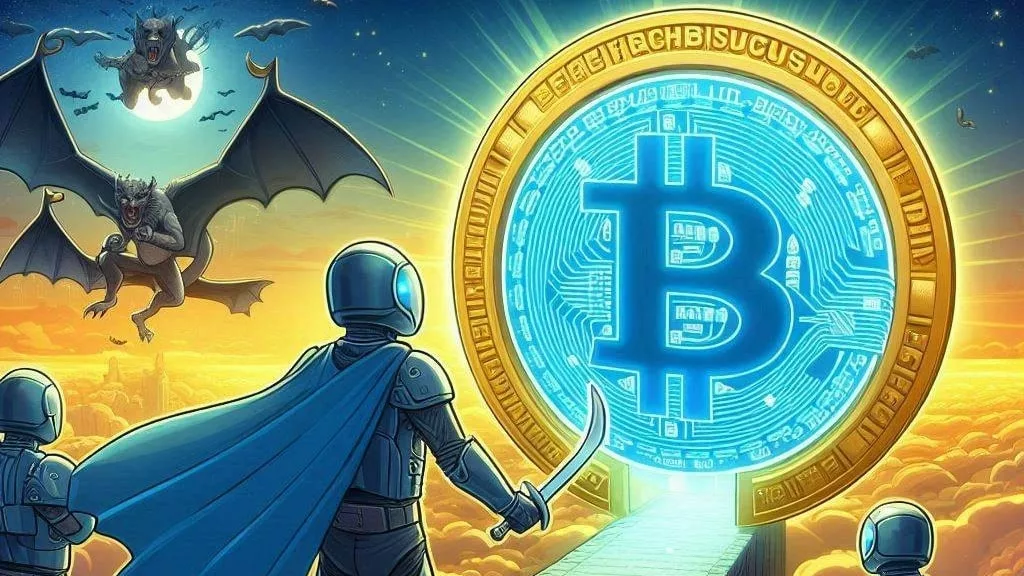
Lummis, a vocal advocate for cryptocurrency and a member of the Senate’s Financial Services Committee, introduced her plan in a recent CNBC interview, suggesting that Bitcoin could help reduce the U.S. national debt and bolster the U.S. dollar’s position as the world’s reserve currency.
Lummis argued that Bitcoin, with its decentralized and immutable nature, could provide the U.S. with a long-term asset that would appreciate over time. She emphasized that Bitcoin’s growth since its inception makes it an attractive option for securing the country’s financial future. “Bitcoin is an asset that is not subject to inflationary pressures, unlike traditional fiat currencies,” Lummis explained. “It’s also easily stored and tracked, making it an ideal asset for our reserves.”
One of the most striking aspects of Lummis’ proposal is her suggestion that the U.S. government could use its gold reserves to fund Bitcoin acquisitions. Lummis highlighted that the gold certificates held by Federal Reserve Banks were valued based on prices from the 1970s. By selling these certificates at their current market value, she proposed, the government could raise substantial capital to buy Bitcoin—without spending any new taxpayer dollars.
“We could sell the gold certificates and convert the proceeds into Bitcoin,” Lummis said. She noted that this approach would allow the government to take advantage of its existing assets to acquire an asset with high long-term potential. Additionally, she pointed out that the U.S. already holds over 200,000 Bitcoin through asset forfeitures, which could be leveraged to create a government-backed Bitcoin reserve.
Lummis’ plan aims to avoid any new fiscal burden on taxpayers, aligning with broader efforts to reduce national debt and secure economic stability. She argued that this move would fortify the financial position of the U.S. in an increasingly digital world.
Lummis also revealed that she personally owns Bitcoin, although she disclosed that her holdings are modest—just five BTC—held in a blind trust to avoid conflicts of interest. Her personal stake in Bitcoin adds credibility to her position, showcasing that she practices what she preaches.
Her proposal has been met with support from key figures in the cryptocurrency industry. Michael Saylor, CEO of MicroStrategy and a well-known Bitcoin advocate, praised the plan, saying, “Sell the past, buy the future.” Saylor’s comment underscores the growing belief in Bitcoin’s long-term value as a forward-looking asset that could outperform traditional reserves like gold.
While the proposal has garnered attention, there are concerns about Bitcoin’s volatility. Critics argue that the cryptocurrency market remains unpredictable, with prices subject to rapid fluctuations. The idea of moving away from gold, a traditional safe haven asset, raises questions about the stability and security of U.S. financial reserves.
Despite these concerns, Lummis maintains that Bitcoin’s deflationary nature and its growing acceptance in global markets make it a prudent alternative to gold. She believes that adding Bitcoin to the nation’s reserves could help mitigate the risks of inflation and debt accumulation while strengthening the dollar.
Lummis’ proposal represents a bold shift in how governments might think about reserves and national debt. As global interest in cryptocurrencies grows, the U.S. could be poised to lead the way in integrating digital assets into mainstream financial strategies. While Lummis’ plan may seem radical to some, it is part of a larger conversation about the role of Bitcoin and other cryptocurrencies in the future of finance.
In conclusion, Senator Cynthia Lummis’ call for the U.S. government to sell gold and buy Bitcoin highlights the growing importance of digital assets in the global financial landscape. Whether or not the U.S. government will adopt this strategy remains uncertain, but Lummis’ vision signals a future where cryptocurrencies play a more prominent role in national financial planning. As digital assets continue to gain traction, Bitcoin could become a crucial component of the U.S. financial system in the years to come.


Get the latest Crypto & Blockchain News in your inbox.